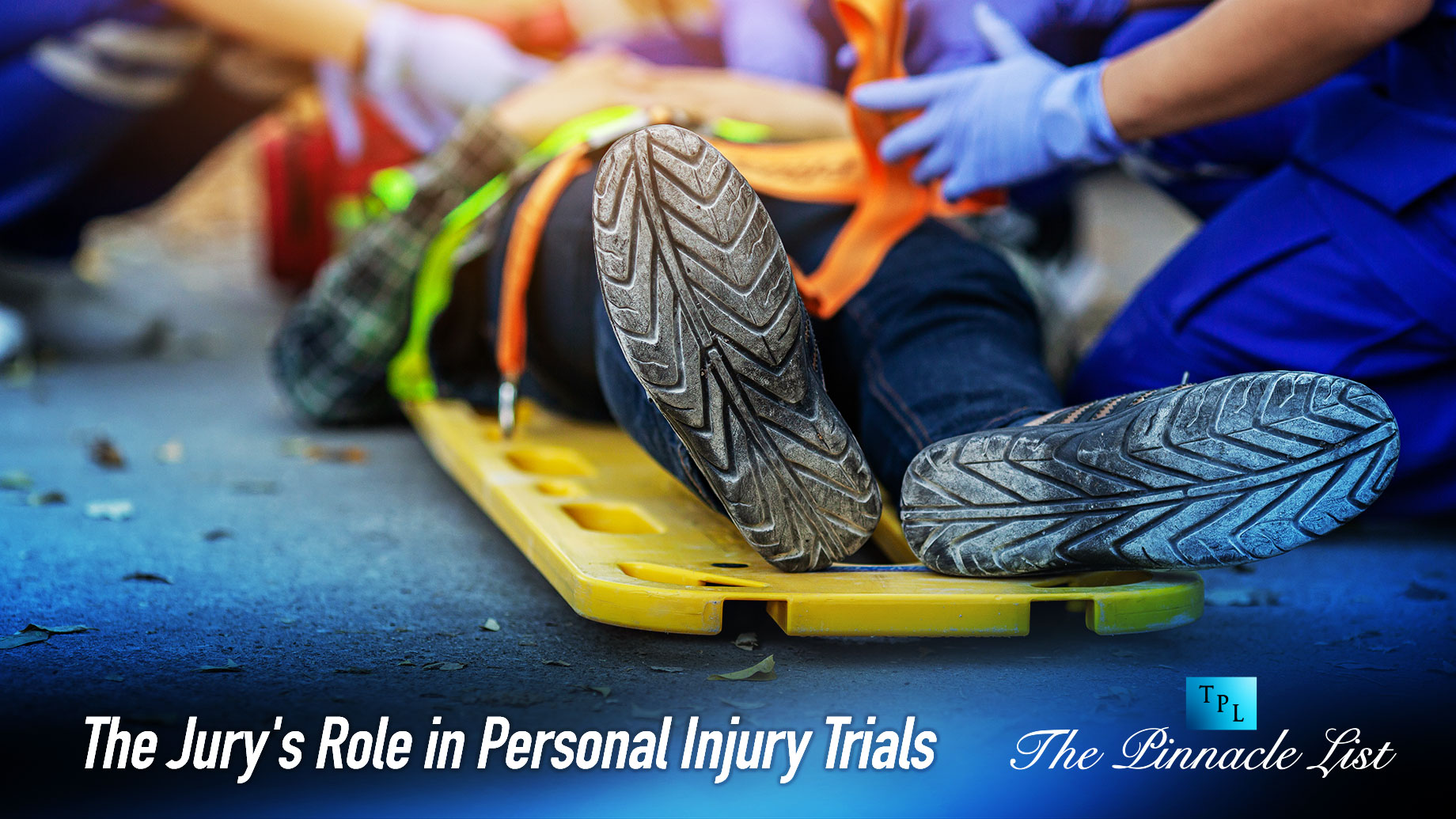
Navigating the legal system, with its established traditions, human elements, and rules, can seem like a daunting journey for those unfamiliar with it. However, in cases involving personal injuries on construction sites, the role of the jury is crucial.
The decisions made by the jury carry significant weight and can profoundly affect the lives of both the defendant and the injured worker.
Unlike a bench trial, where a single judge makes all decisions, a jury trial involves members of the community participating in the courtroom. In construction site injury cases, the jury is responsible for examining the facts presented by both parties.
This is similar to what a personal injury lawyer specializing in construction accidents does. The jury considers the nature of the injury, its severity, and its impact on the affected worker.
The Importance of Jury Selection
Before the trial begins, efforts are made to carefully select a suitable jury. Contrary to what some may believe, selecting jurors is not a simple task.
Attorneys from both sides will consult with the judge and question potential jurors to identify and exclude individuals who may exhibit bias or favoritism from the outset.
The selection aims to achieve a balanced representation of the community, ensuring a fair trial. The choice of jurors can significantly influence the trial’s direction, as they are responsible for interpreting and weighing the presented evidence.
Jury’s Responsibilities During Trial
In the courtroom, various individuals such as attorneys, judges, defendants, and plaintiffs play distinct roles, and the jury has its unique responsibilities. Here’s what they do:
Analyze Evidence
One of the primary duties of the jury is attentive listening. When witnesses present their accounts, jurors must pay careful attention.
In addition to testimonies, jurors must scrutinize the evidence presented, which may include medical records, photographs of the construction site, or accident reports.
Jurors must evaluate the evidence’s validity and relevance to the case, aiding in reaching a final decision.
Fact Finders
The jury serves as the fact-finders in the courtroom, determining the circumstances of the construction site accident by closely examining testimonies and evidence.
Meanwhile, the judge is tasked with interpreting the law. Jurors are not expected to delve into legal intricacies but rely on the judge to provide relevant legal standards applicable to the established facts.
Listen to the Judges
Towards the end of the trial, jurors receive guidelines known as jury instructions, created by the judges with input from the attorneys.
These instructions provide an outline of legal terms, pertinent laws, and specific questions that the jurors must answer. These instructions often assist jurors when deliberating on construction site injury cases.
How do Jurors Reach a Verdict?
After the trial concludes and instructions are given, jurors retreat to the jury room to begin deliberations.
Some deliberations can be intense, while others may be more straightforward and calm. Jurors discuss the evidence, witness testimonies, and their perspectives on the case.
Reaching a verdict can depend on the case’s nature and the proceedings in the courtroom. Often, a unanimous decision is required, meaning all jurors must agree on the verdict.
Conclusion
The role of the jury in construction site injury cases is pivotal. While their responsibilities may vary depending on the jurisdiction, jurors contribute significantly to the resolution of a case by diligently examining evidence and ensuring a fair trial.